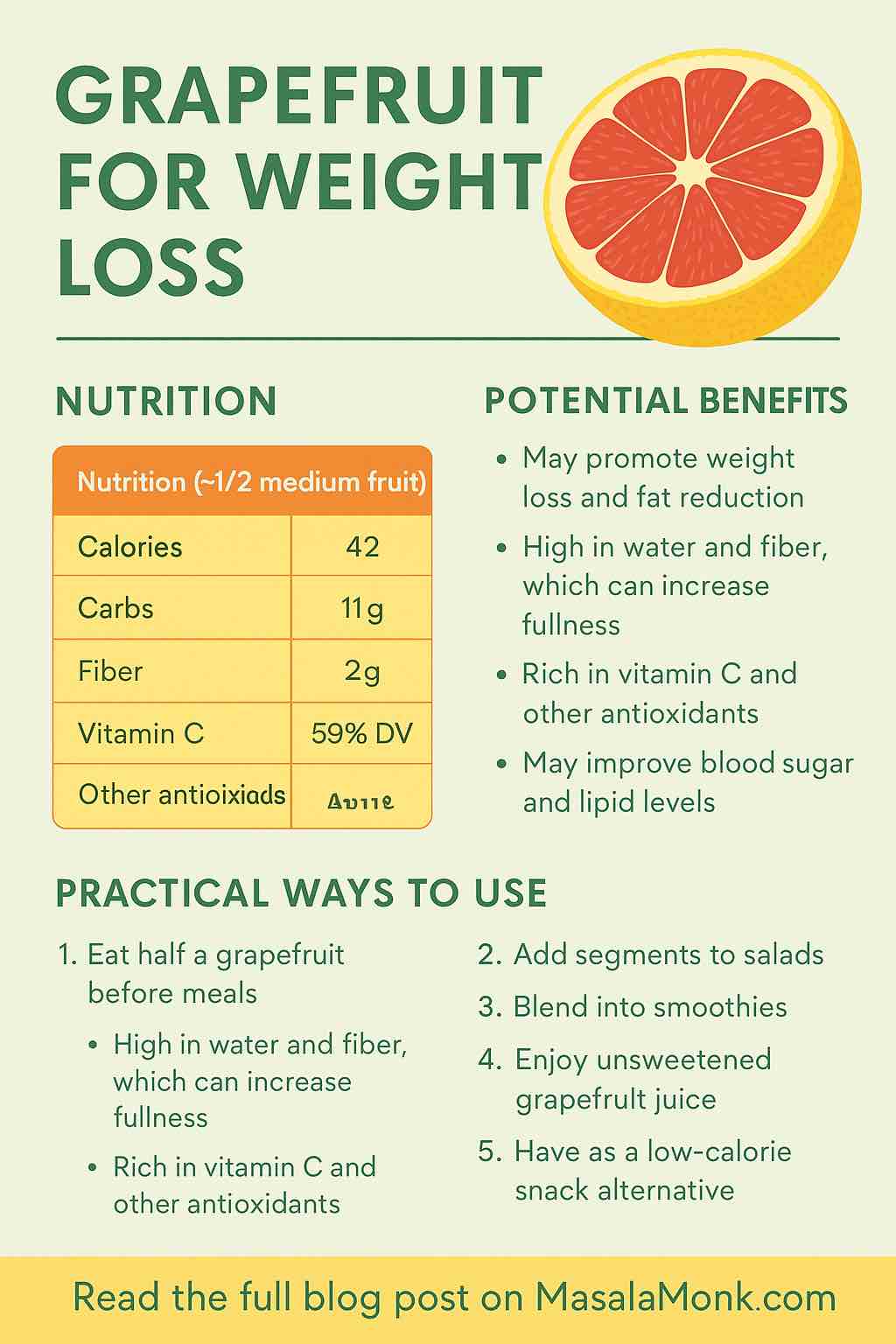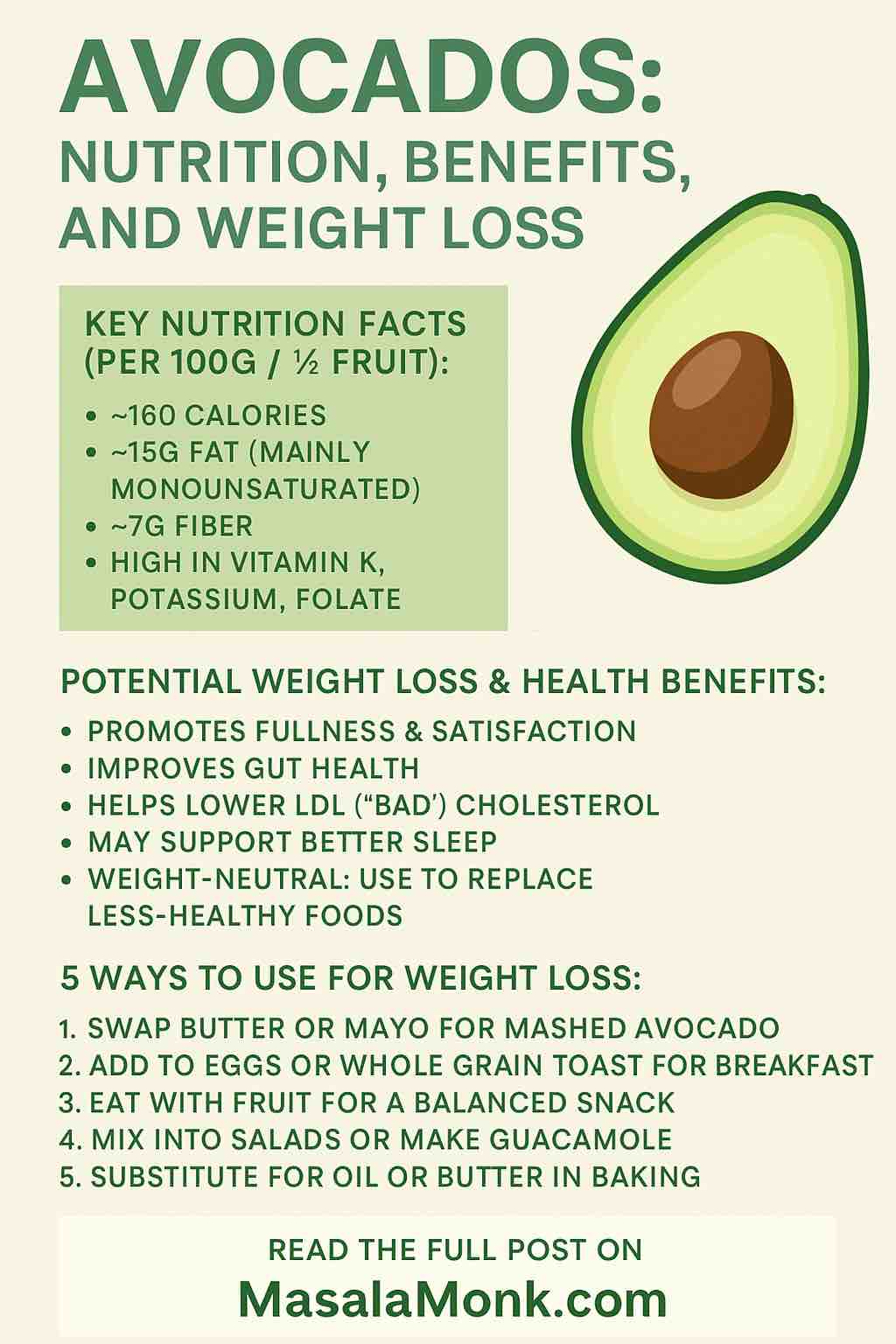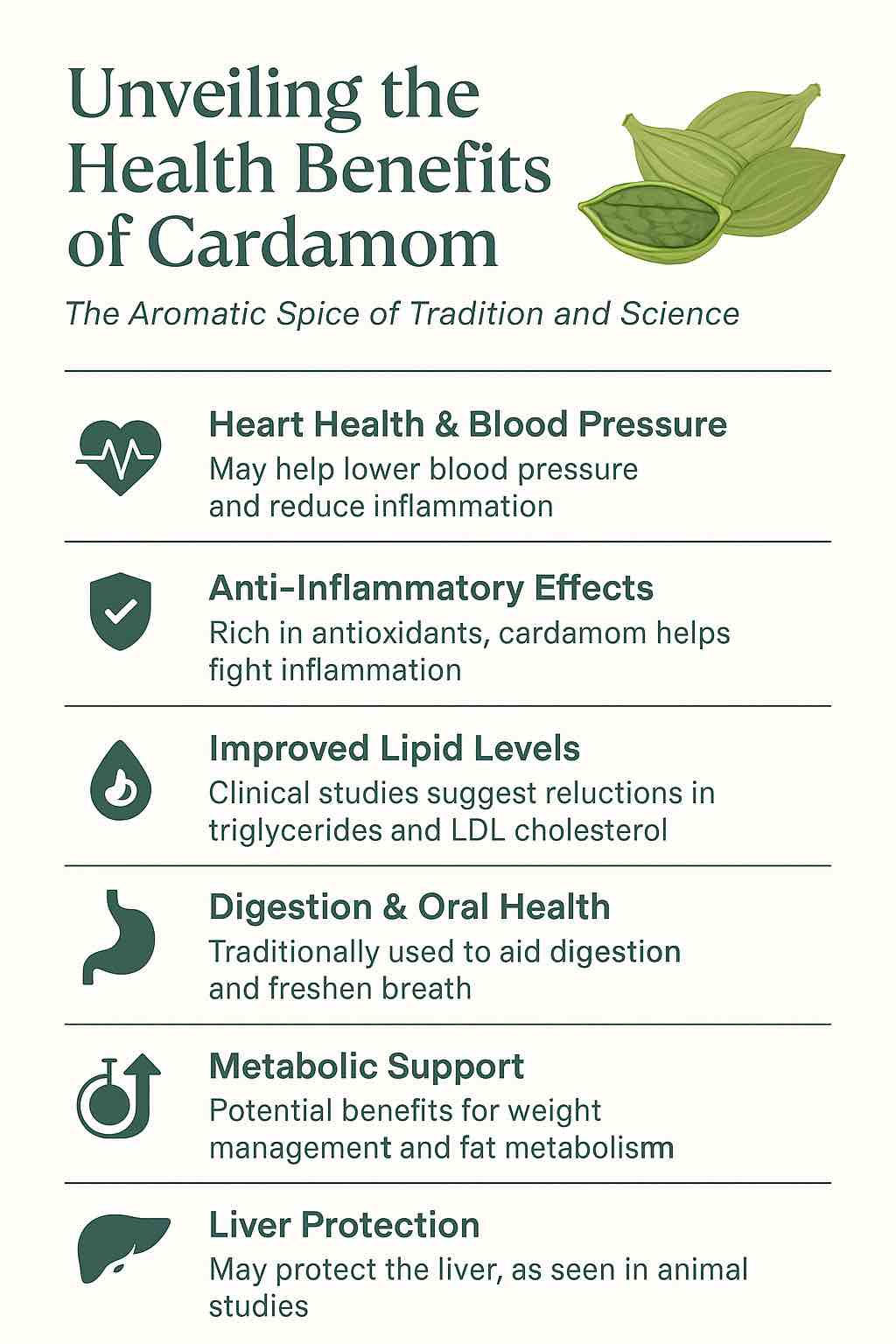
“Zone 2 training” is everywhere lately—fitness podcasts, elite athlete Instagrams, and mainstream health articles. But is it hype, science, or a mix of both? And if you commit to it for three months, what should you expect?
In this post, we’ll dig deep into the what, why, and how of Zone 2 training, blending the latest research with practical steps and lived experiences.
What Exactly Is Zone 2? (And Why Should You Care?)
Zone 2 is not just a buzzword. It’s a specific aerobic training zone, generally at 60–70% of your maximum heart rate or just below your first lactate threshold (the “talk test”: you can speak in full sentences, but singing is tough).
In plain English:
- It’s a pace that feels “easy” or “moderate.”
- You’re not gasping, but you’re definitely exercising.
- If you’re running, you can chat but not belt out a tune.
- For most people, this is a brisk walk, slow jog, mellow bike, or steady swim.
What Happens in Your Body at Zone 2?
Physiologically, Zone 2:
- Stimulates new mitochondria—your cells’ “engines.”
- Trains your body to burn fat for fuel, saving carbs for when you need speed.
- Boosts your endurance “base,” so harder workouts become more productive and less taxing.
- Strengthens your heart and blood vessels with minimal injury risk.
Recent studies (2024-2025) confirm:
- Three or more hours per week in Zone 2 can significantly improve cardiovascular health, insulin sensitivity, and recovery—especially in recreational athletes.
- While some scientists debate whether it’s uniquely superior to other intensities, no one disputes its role in building lasting, sustainable fitness.
A Realistic 3-Month Zone 2 Journey: What To Expect
Month 1: Laying the Foundation
- Sessions: 3-4 times per week, 45-60 minutes each.
- Focus: Consistency over intensity. Trust the process—even if you feel “too slow.”
- Tip: Use a heart rate monitor or fitness watch. Most people overestimate their easy pace!
- What You’ll Notice: Workouts feel almost suspiciously easy. You may feel impatient, but your body is adapting beneath the surface: your legs fatigue less, your breathing is steadier, and recovery between sessions improves.
Month 2: Adaptation and Subtle Progress
- Sessions: Maintain or increase duration; try a 90-minute “long easy” each week.
- Focus: Listen to your body. You may notice your heart rate drops at the same pace—proof of aerobic adaptation.
- Tip: Retest your “talk test” pace every 4-6 weeks; you’ll likely be moving faster at the same heart rate.
- What You’ll Notice:
- Everyday activities (stairs, carrying groceries) feel easier.
- You finish workouts more energized—not wiped out.
- If you track, your “easy” pace is gently improving.
Month 3: Stronger, Fitter, Ready for More
- Sessions: Keep 80% of training at Zone 2. Add 1-2 short, faster workouts if you want.
- Focus: Enjoy the benefits—greater stamina, less soreness, better sleep.
- Tip: Consider a lab or field test to fine-tune your true Zone 2.
- What You’ll Notice:
- Longer workouts are possible—and enjoyable.
- Zone 2 pace may be 30-90 seconds per mile faster than Day 1.
- You’re ready for events, harder sessions, or simply more active living.
Mythbusting: What Zone 2 Is Not
- Not a magic bullet: Research says it’s powerful, but mixing in high-intensity (HIIT/Zone 4-5) after your aerobic base phase gets you the best of both worlds.
- Not “junk miles”: Done right, these are your foundation, not wasted time.
- Not only for elites: Beginners, older adults, and even those with chronic disease see big gains.
How To Find Your True Zone 2
- The Tech Way:
- Get a VO₂ max or lactate test at a sports lab (gold standard).
- Use wearables that estimate lactate threshold or “fat max” zones.
- The Practical Way:
- The talk test: Full sentences, steady breathing.
- Use 60–70% of your estimated max HR: 220 – your age × 0.6 to 0.7 (imprecise, but a start).
- Try a 30-min all-out run, note average HR, subtract 20-30 bpm: That’s your aerobic threshold.
Tech Spotlight: Smarter Wearables
In 2025, new fitness trackers use AI and continuous HR/respiratory analysis to help users find and stay in Zone 2, even outside the lab. If precision matters to you, these can be a game changer.
Practical Tips for Zone 2 Success
- Be patient: Gains are gradual but profound. Trust the science.
- Track your progress: Use apps, spreadsheets, or a training log.
- Don’t neglect sleep, nutrition, or mobility work.
- Stick with it: Three months is long enough for visible and felt results.
- After 2-3 months, add variety: Start blending in higher-intensity efforts, or use 80/20 (80% easy, 20% hard) for best results.
Sample Week: Month 3 Zone 2 Plan
| Day | Workout Example |
|---|---|
| Monday | 60 min Zone 2 (bike, run, or swim) |
| Tuesday | 45 min Zone 2 + light core/mobility |
| Wednesday | OFF or gentle walk/yoga |
| Thursday | 90 min Zone 2 “long easy” |
| Friday | 45 min Zone 2, or 30 min moderate + 10 min “fast finish” |
| Saturday | Optional: Short intervals (5×2 min hard) if desired |
| Sunday | OFF or 60 min Zone 2, easy recovery pace |
Adjust duration/intensity based on your fitness and schedule.
FAQ: Your Zone 2 Questions Answered
1. How do I accurately find my Zone 2 heart rate?
A: The most precise method is a laboratory test for lactate threshold or VO₂ max. At home, use the “talk test” (comfortably speak in sentences, not sing) or calculate 60–70% of your estimated max HR (220 minus your age). Wearables that estimate thresholds based on trends can help but aren’t foolproof.
2. Is Zone 2 training effective for beginners?
A: Yes! Zone 2 is ideal for new exercisers because it’s low-impact, sustainable, and minimizes injury risk. It builds your aerobic foundation, improves recovery, and supports healthy habits.
3. Can I lose weight with Zone 2 training?
A: Absolutely. Zone 2 optimizes fat burning and, combined with a balanced diet, can support weight loss. It also helps preserve muscle compared to very low-calorie/high-intensity approaches.
4. How many hours per week should I train in Zone 2 for results?
A: Aim for at least 3 hours per week spread across several sessions. Endurance athletes might benefit from 5–10+ hours weekly. Consistency is more important than perfection.
5. Will I lose speed or strength if I only train in Zone 2?
A: Not if you eventually reintroduce higher-intensity work. Many athletes use a 3-month “base phase” of mostly Zone 2, then transition to 80/20 (easy/hard) for peak performance.
6. What activities count as Zone 2 training?
A: Any steady activity that keeps your HR in the right range: running, brisk walking, cycling, rowing, swimming, hiking, and elliptical training all qualify.
7. Why does Zone 2 sometimes feel “too easy”?
A: That’s the point! True Zone 2 should feel comfortable. The adaptations (mitochondria, fat metabolism, endurance) happen below the level of exhaustion.
8. How can I measure progress with Zone 2 training?
A: Retest every 4–6 weeks. Track your pace or power at the same heart rate—if you’re moving faster or producing more power at the same HR, your aerobic system is improving.
9. Should I do only Zone 2 forever?
A: No. Zone 2 is a foundation. After 2–3 months, add some higher-intensity intervals for best results. Most evidence supports an 80/20 approach (80% easy, 20% hard).
10. Is Zone 2 training good for older adults or people with health issues?
A: Yes! Research shows Zone 2 improves cardiovascular health, insulin sensitivity, and longevity. Always check with your doctor before starting a new regimen, especially with existing health concerns.
Final Takeaway: Why Zone 2 Should Be in Everyone’s Toolbox
In an era obsessed with “go hard or go home,” Zone 2 is the quiet hero—building your aerobic engine, improving metabolism, and laying a base for everything from daily health to athletic achievement.
Three months is enough to see and feel the difference.
If you want fitness that lasts, try Zone 2.
Your heart, mitochondria, and future self will thank you.
Ready to start? Share your progress, questions, or stories below!













